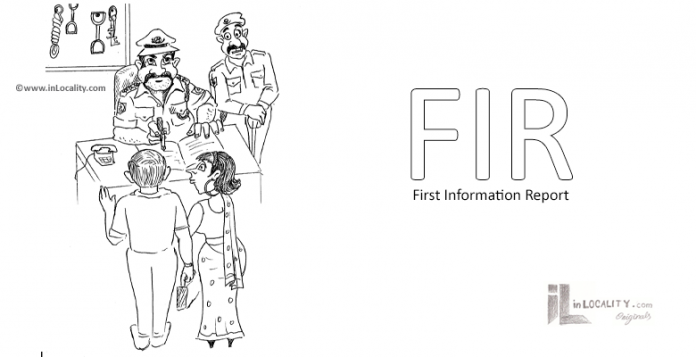this article is written by Team LawSikho. This article discusses how to seek protection if one apprehends danger.
Introduction
Yes, filing an FIR can sometimes be dangerous because there can be conditions where both the complainant and the witnesses face violence or threats against them or against their family by the persons against whom they have witnessed or made any complaint.
There is no direct legal risk of filing an FIR, but it must be remembered that the allegations made in the complaint should be truthful and not made on the basis of either personal enmity or on afterthoughts or on the basis of hearsay. This is because if the complainant has made serious allegations in the FIR, and if these allegations are retracted at the stage when the proceedings come to court, this might even fall within the definition of ‘Perjury’ as defined in Section 191 of the Indian Penal Code 1908.

If the complainant apprehends danger after lodging the FIR, he or she can inform it to the Station House Officer (SHO) of the police station in which the FIR is filed. if no action is taken by the SHO, the complainant can approach the local magistrate under whose jurisdiction the FIR is lodged and make an application for protection. However, police protection is provided only in cases in which a very grave danger is foreseen since this entails a cost to the state.
In cases of continuing violence or abuse from the accused, who might be related to the complainant, the complainant can file a petition with the relevant court for securing a protective order, which is a document issued by the court to help protect an individual and/or his / her family from abuse or violence. It sets limits on the abuser’s behavior such as:
- Order the abuser to stop abusing the individual and his/her family;
- Tell the abuser to leave and stay away from the complainant’s home, workplace, and family;
- Direct the abuser to have no contact with the complainant, including no phone calls, letters, or messages through other people;
- Order the abuser to stay away from the children, their babysitter, daycare, or school.
(see the relevant article here)
The protective order is not punishment in itself and is distinguished from police protection as described in the paragraph above, but if a complainant has a protective order, it is likely that the police will arrest the abuser if he or she violates the protective order, thereby negating the threat.
 Serato DJ Crack 2025Serato DJ PRO Crack
Serato DJ Crack 2025Serato DJ PRO Crack








 Allow notifications
Allow notifications


